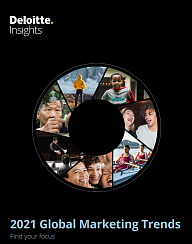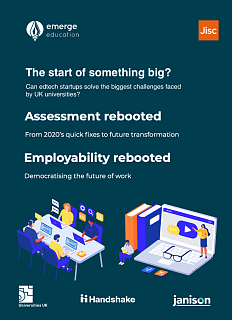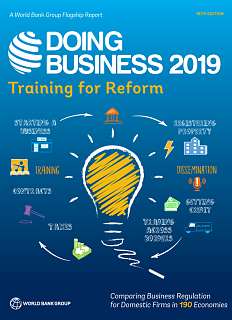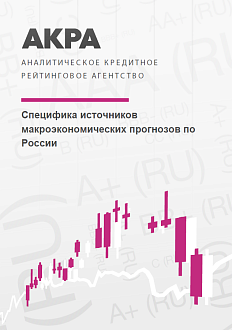Deloitte’s report provides the results of an analysis of human and brand behavior during the COVID-19 pandemic, explaining the prosperity of individual companies during these challenging times. The authors of the report look at current methods of maintaining consumer brand loyalty in a rapidly changing world, highlighting seven key trends: goal-setting, flexibility of approach, enhancing the human experience, gaining trust, engaging consumers, collaboration, and applying talent.
The Roscongress Foundation presents the salient points of the publication accompanied by fragments of broadcasts of relevant panel discussions from the business programme of international events held by the Roscongress Foundation.
In a situation of high uncertainty, basic instincts and needs come to the fore.
In the current environment of stress and low confidence in the future, company survival becomes more important than revenue growth, building relationships and implementing breakthrough innovations. According to the survey of executives, the majority favored increasing efficiency and productivity at the expense of strengthening customer engagement, retention of staff, increasing contributions to the community, and other similar initiatives.
Consumers pay brands with gratitude for being flexible and adapting to change.
According to the survey of respondents, brand initiatives designed to help people cope with the challenges posed by the pandemic received significant encouragement from consumers. Conversely, brand loyalty declined significantly when brands acted only in their own interests.
Companies that have clear goals that justify their activities gain an advantage.
Companies that understand their role and importance to society overcome challenges more easily and maintain customer loyalty no matter what they sell. Even in times of global crisis, such a company’s actions are subordinated to the single goal of linking the role of the business in society to its long-term value, asserting a clear correspondence between brand identity and sustainable commitment to all concerned parties, including customers, employees, suppliers and shareholders. The past year has provided many examples of this, from delayed loan repayments from financial organizations to thousands of pairs of shoes provided by shoe companies to healthcare workers.
The new era of marketing requires a new perspective on personnel.
To match the rhythm of change, effective employee development within the company is essential. The prerequisites for this are continuous staff training with a focus on skill development as customer needs change, as well as eliminating routine tasks by applying the latest technology. One of the primary marketing tasks that can be accomplished with freed resources is the creation of an internal team to quickly respond to customer needs.
Video: https://roscongress.org/sessions/spief-2019-lider-xxi-veka/search/#00:32:32.768
For more information, see the special sections of the Roscongress Foundation Information and Analytical System: Consumer Sentiment, Education,Labor Market, Entrepreneurship , Creativity and Economic progress, which provide information on economic development and business activities; and also COVID-19 devoted to the consequences of the coronavirus pandemic.





